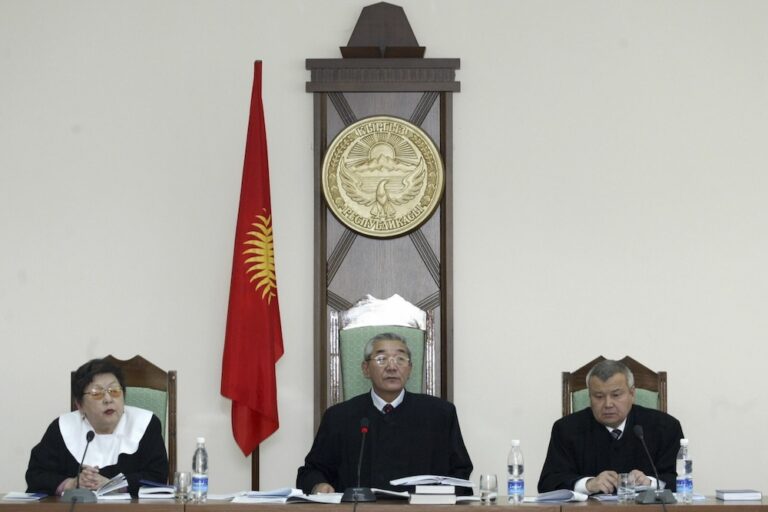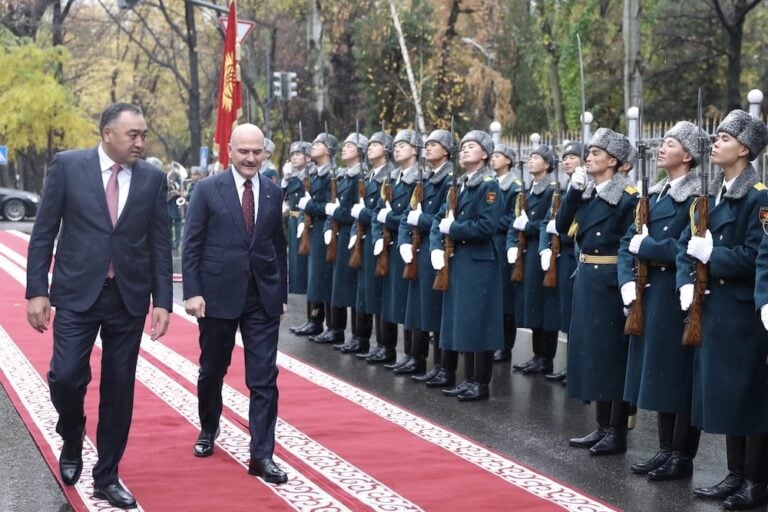Shokhrukh Saipov decided to become a journalist after authorities failed to properly investigate his older brother's murder and instead imprisoned a man who is largely believed to be innocent.
(CPJ/IFEX) – New York, August 15, 2011 – Kyrgyz authorities must thoroughly investigate Wednesday’s brutal attack on Shokhrukh Saipov, the Osh-based editor and publisher of the news website UzPress, and bring his assailants to justice, the Committee to Protect Journalists said today. Shokhrukh Saipov is the younger brother of Alisher Saipov, the prominent journalist killed in southern Kyrgyzstan in October 2007 whose murder remains unsolved.
“We condemn the attack on Shokhrukh Saipov and call on Kyrgyz authorities to investigate it thoroughly,” CPJ Europe and Central Asia Program Coordinator Nina Ognianova said. “Southern Kyrgyzstan has become a violent place for journalists. The government must stop the impunity in crimes against the press.”
According to local press reports, unidentified attackers brutally beat Saipov shortly after his 5 p.m. arrival in Osh from the capital, Bishkek, where he had attended a media seminar. Three hours later, residents of the village of Aravan, 17 miles (27 kilometers) outside of Osh, found him lying unconscious on a street, with his nose and several teeth broken. A member of his family told CPJ that he had no recollection of how he got to Aravan. The journalist was hospitalized overnight and diagnosed with a severe concussion and partial memory loss, his brother Muzaffar Saipov told CPJ. He is currently recovering at home. None of his valuables – money, a cell phone, and a laptop – were taken, the brother said.
Shokhrukh Saipov decided to become a journalist after Kyrgyz authorities failed to properly investigate his older brother’s murder and instead imprisoned a man who is largely believed to be innocent. Saipov’s family supported the suspect and protested what they saw as a botched trial to no avail.
Saipov’s website – published in Russian, Uzbek, and English – covers social and political issues affecting the daily lives of ethnic Uzbek residents in southern Kyrgyzstan. It also runs commentaries on the ongoing interethnic divide between Uzbek and Kyrgyz residents of the region with recommendations for reconciliation.


